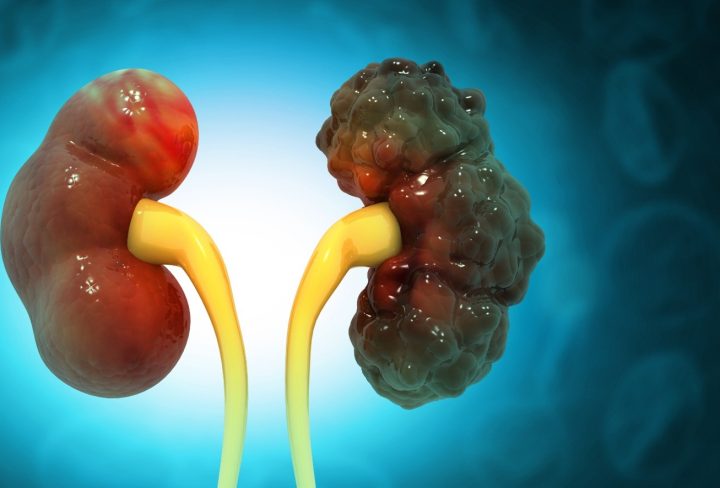What Is Polycystic Kidney Disease?
PKD is a genetic condition where cysts, which are fluid-filled sacs, develop in the kidneys. These cysts can prevent the kidneys from functioning properly, which eventually leads to kidney failure. PKD is not the same as simple kidney cysts which are usually harmless, in contrast PKD is a serious, chronic condition that requires management and treatment to prevent complications.
What are the various types of Polycystic Kidney Disease?
There are two main types of PKD. Autosomal dominant polycystic kidney disease (ADPKD), recognized as the most common, appears in adults between 30 and 50 years of age but can also occasionally occur in younger people. The second type, autosomal recessive polycystic kidney disease (ARPKD), is much rarer and usually affects infants or even babies before they are born.
What Causes Polycystic Kidney Disease (PKD)?
PKD is caused by genetic mutations often inherited from a parent. However, in some cases, the gene changes occur randomly without family history. It affects people of all ages and genders equally.
What are the common symptoms of Polycystic Kidney Disease?
Some of the common Symptoms of ADPKD can include headaches, blood in the urine, high blood pressure, and pain in the back or sides. Signs of ARPKD in newborns or babies can include enlarged kidneys, low birth weight, and low levels of amniotic fluid during pregnancy, indicating underdeveloped kidneys. In some cases, symptoms may not appear right away, and PKD can remain undiagnosed for many years.
Are There Any Complications of Polycystic Kidney Disease?
This condition can lead to serious complications, especially if left untreated. In adults, it may cause high blood pressure, kidney stones, kidney failure, liver or pancreatic cysts, and even brain aneurysms. For infants with ARPKD, complications can include breathing difficulties, high blood pressure, kidney failure, and liver problems.
What Tests Diagnose Polycystic Kidney Disease?
To diagnose PKD, healthcare providers use imaging tests such as ultrasounds, CT scans, or MRIs. Additionally, a testing through a blood or saliva test can also help confirm the condition.
Can Polycystic Kidney Disease Be Cured?
While PKD cannot be cured, treatment mainly focuses on the management of the symptoms and slowing the progression of the disease. These treatments may include blood pressure control, dialysis for kidney failure, pain management, and kidney transplants in severe cases. Infants with breathing or growth problems may need special medical support.
Is Polycystic Kidney Disease Preventable?
While PKD cannot be prevented, maintaining a healthy lifestyle through proper diet, exercise, and regular monitoring may help manage the symptoms and slow down the progression of the disease.
In conclusion, PKD is a serious but manageable condition. With early intervention, proper treatment, and lifestyle changes, individuals can enhance the quality of life and may even slow the disease’s progression towards kidney failure.



